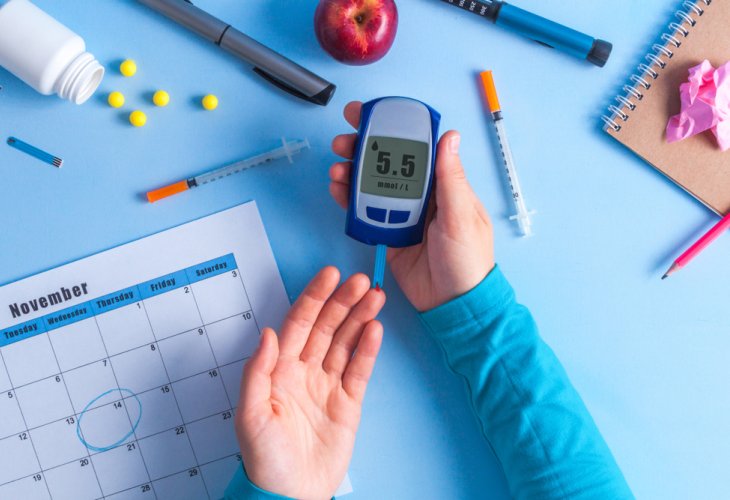The Coronavirus Destroys Insulin-Producing Pancreatic Cells
New studies have found that people who contracted the coronavirus might develop type 1 diabetes. Doctors report that most will recover without long-term issues, but emphasize the importance of protection against the coronavirus to prevent other diseases in the future.
 (Photo: shutterstock)
(Photo: shutterstock)New research has found that the coronavirus can cause diabetes, in addition to pneumonia and other health issues. A new study reveals that the virus can infect and destroy certain cells essential for diabetes prevention. Armed with this new knowledge, scientists are now trying to best understand how to prevent this among COVID-19 patients.
In type 1 diabetes, the body doesn't produce enough insulin. In type 2, there is enough insulin, but it does not function properly. Since insulin helps move sugar from the bloodstream into the cells, a decrease in insulin production or insulin resistance leads to high blood sugar or glucose levels. This high glucose level, known as hyperglycemia, is the hallmark of diabetes.
Dr. Francis Collins ((Francis Collins, Director of the National Institutes of Health: "Previous studies suggested that the coronavirus can infect human beta cells. They also showed that the dangerous virus could replicate in insulin-producing beta cells to create more copies of itself and spread to other cells."
Read more:
How to Recognize and Treat Type 1 Diabetes?
An Inside Look at Type 1 Diabetes
Additionally, new research from Stanford University School of Medicine and Weill Cornell University confirmed the link between the coronavirus and diabetes by analyzing autopsy samples of individuals who died from the virus. Both studies illustrated the virus's ability to infect pancreatic beta cells, reduce insulin secretion, and effectively cause type 1 diabetes.
"The virus can destroy the pancreatic cells that produce insulin," says Prof. Julio Weinstein, Director of the Diabetes Unit at Wolfson Medical Center and Senior Diabetes Physician at the DMC Diabetes Care Center. "This lowers insulin levels, directly leading to high blood sugar and type 1 diabetes. COVID-19 patients who exhibit diabetes symptoms, such as extreme thirst and increased urination, unintended significant weight loss, or extreme fatigue, should be tested for diabetes. It is recommended that diabetes patients maintain balanced sugar levels and continuously monitor their glucose with a non-invasive glucose monitor to reduce risks associated with coronavirus."

